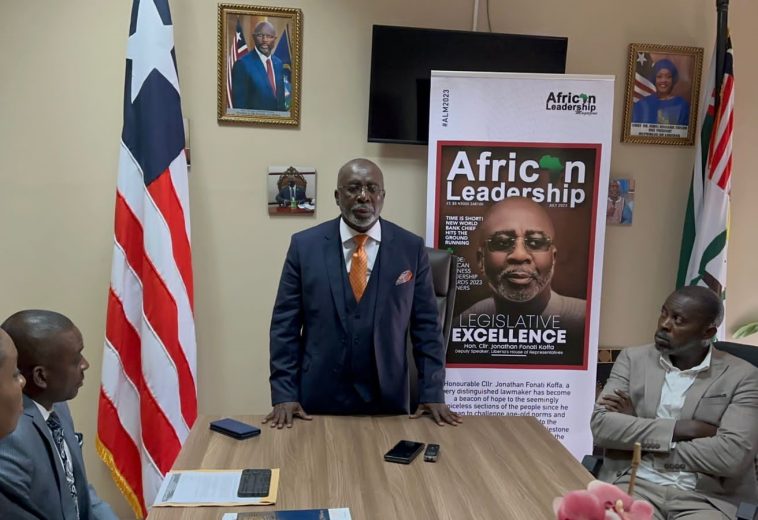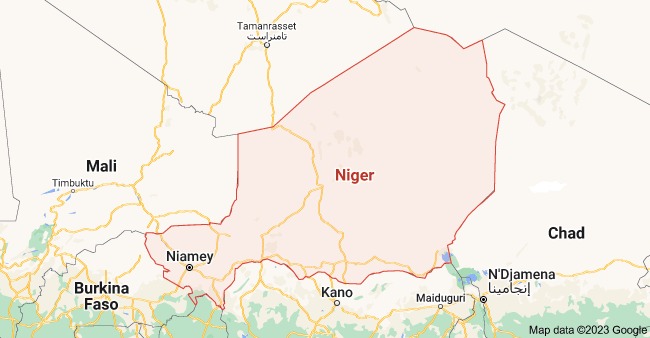The value of education to a nation can never be overemphasised, especially in African countries. One of the most imperative social institutions in society is education. It underscores social equality as a goal and creates a platform of shared knowledge among the pupils. It is the realisation of an individual’s potential and talents for the good of society and the continuation of life.
“Assuming office in 2018, three out of four or five adults in this country could not read or write. That statistic is still valid. Changing this narrative will take some time, but we are making concerted efforts to tackle the issue. With such a high level of adult illiteracy, my government recognised that the population was not ready to be competitive in the 21st century or be part of the Fourth Industrial Revolution. So, for me, it is an existential threat.
“I believe an educated population accelerates inclusive and sustainable national development. Education is a great enabler for personal and national development. These were the exact words of Sierra Leone’s President, His Excellency, Dr. Julius Maada Bio, during an exclusive interview with the African Leadership Magazine.
However, a proper education initiative must not be a one-off process. But a diligent and continuous act for immediate and future solutions. In affirmation of this avowal, Professor Alpha Tejan Wurie, Sierra Leone’s Minister for Technical and Higher Education, said, “Education will be worthless if it does not solve immediate and future problems.”
Speaking further on his government’s priorities for restoring Sierra Leone’s glory through education, President Bio said, “At the heart of my government’s agenda is human capital development.” My government’s top priority is access to free, quality basic and senior secondary education and strengthening tertiary and higher education. Beyond our natural resources, our nation’s most substantial asset is its young and dynamic population. Which, like natural resources, must be properly developed to deliver shared economic growth, meaningful poverty reduction, and prosperity for all.
“As part of our “Education for Development” strategy, my government has developed innovative policies and rolled out transformation initiatives in the last four years. It has not been easy, but I was under no illusion at the time when we set the development agenda. I knew it would not be an easy task. Considering how long it had taken since we lost our glory as the Athens of West Africa. I concluded that quality education made us a powerhouse in West Africa and Africa in the years following our independence from colonial rule. I realised that education is even more critical today in our globally competitive world than it was at that time. For effective governance and to undertake development itself, which is a very complex and multifaceted process steeped in different paradigms, I recognised that we must build the capacity of our citizens. I realised that we could not start, or even pretend to start, effectively building our nation without an educated population. The citizens are the change agents, so they should be prepared to drive change through human capital development.”
He revealed that despite several obstructions to the successful implementation of the Education for Development plan, great strides have been made in overcoming them. For instance, many parents cannot send their kids to school because they cannot afford $20 to $30 a year to enrol and sustain their kids in school. However, under President Bio’s government, there has been a free quality school education programme. The state has been responsible for the education of every child from pre-school until the completion of secondary school.
“Education, for me, is a navigational tool for the world ahead of us. And if we are going to task our children with the sustainable transformation of our nation, then we must adequately prepare them. We must do so through quality education that is fit for purpose.
“An educated population helps the development process, both personal and national. In addition, it is also good because we go around the world inviting businesses to come to Sierra Leone. They are only ready to come when we have a prepared workforce. When the population already has the skills and the level of knowledge that is required to move their businesses,” he concluded.


